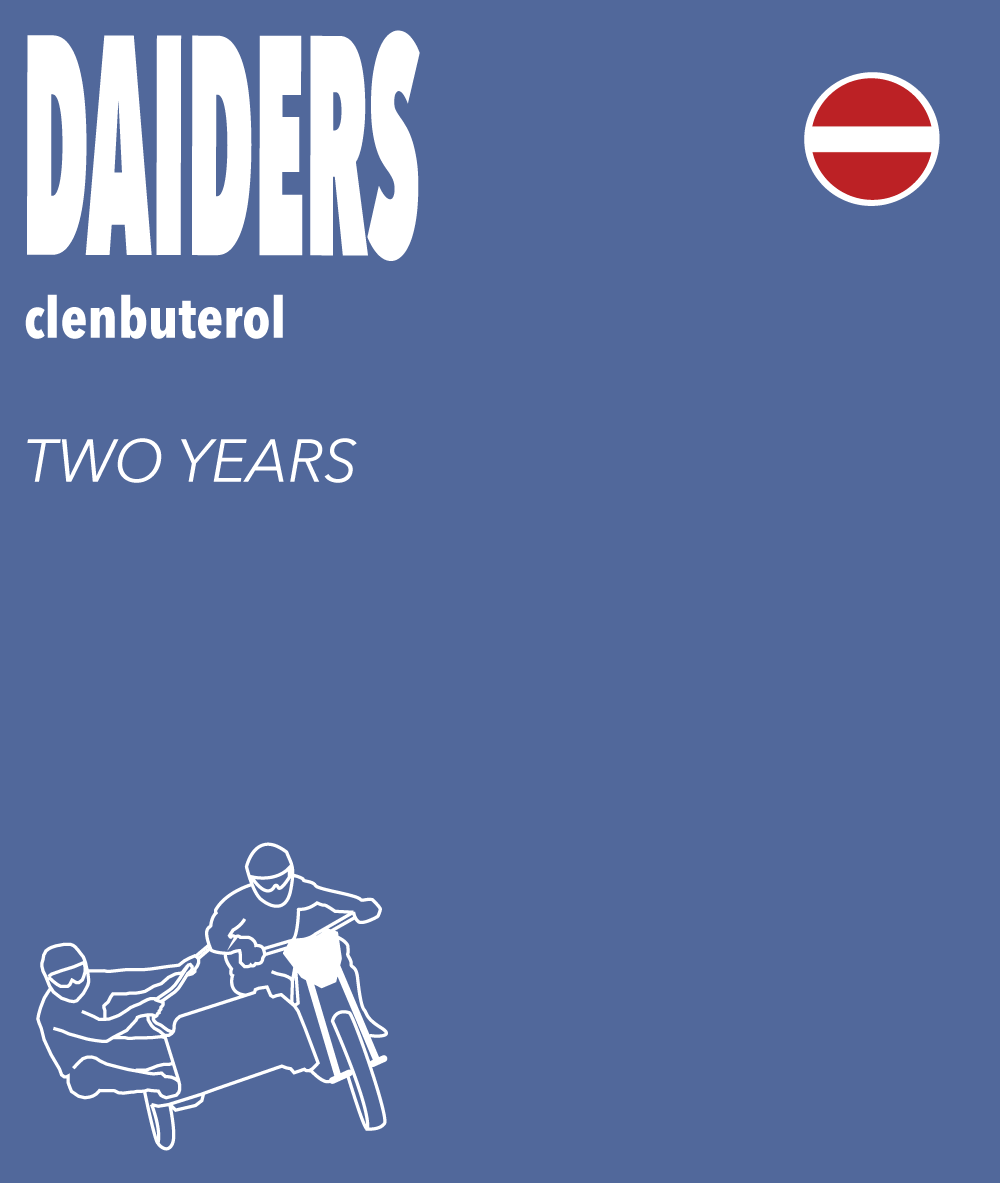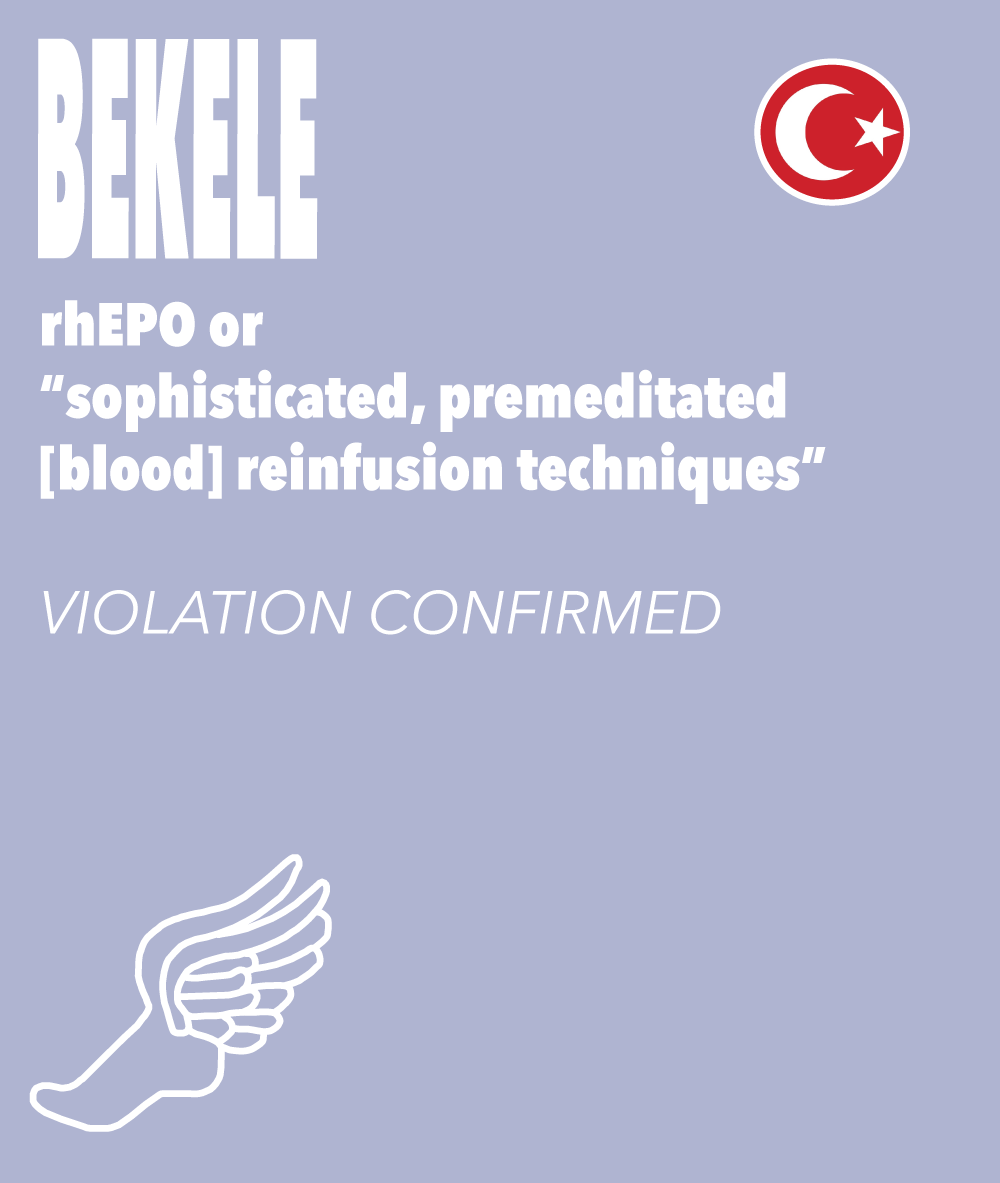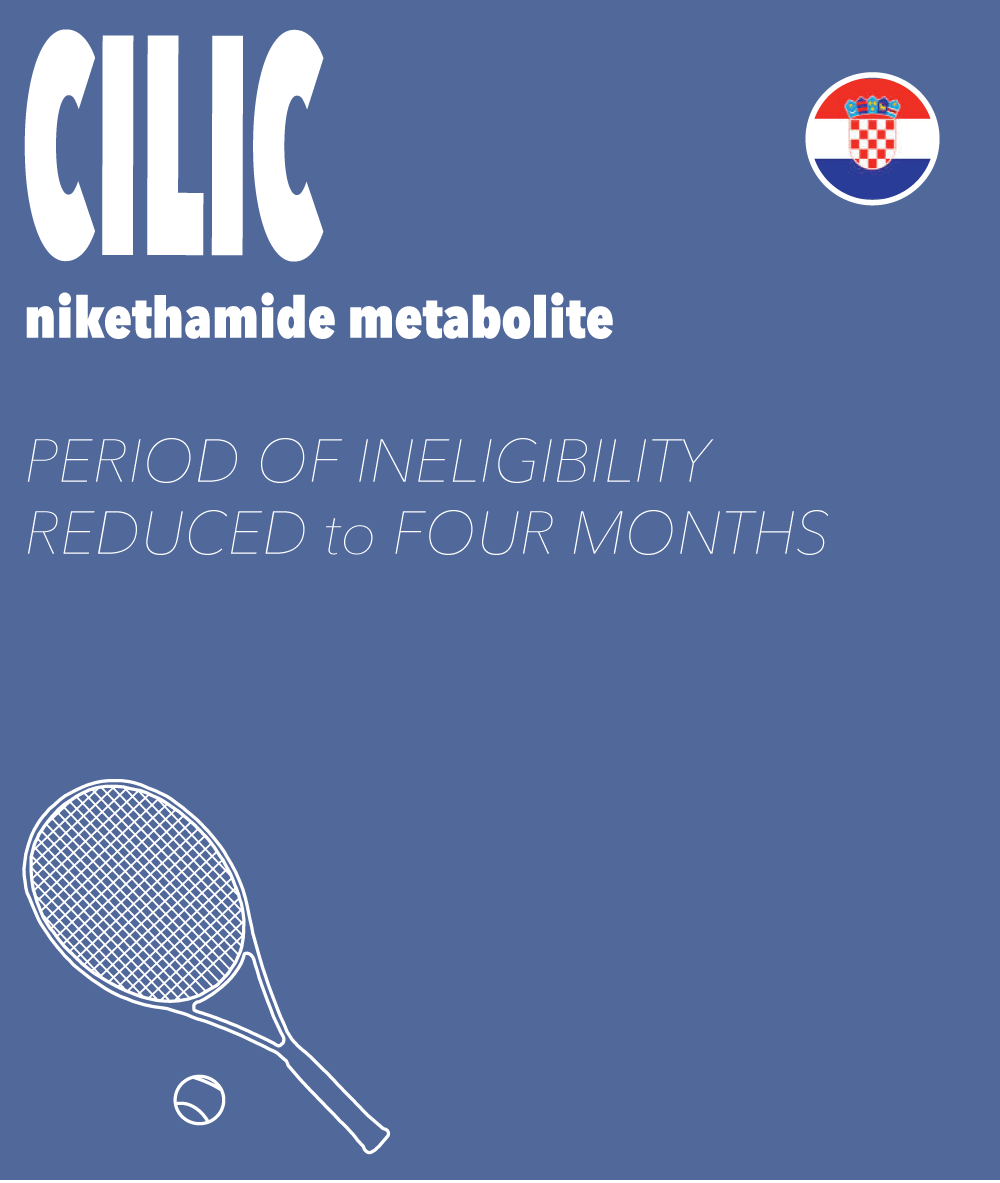The Significance of Maria Sharapova’s Fault
CAS Award: CAS 2016/A/4643, Maria Sharapova v. ITF, 30 September 2016. This Court of Arbitration for Sport (“CAS”) award puts (at least for the moment)[1] an end to Maria Sharapova (or the “Player”)’s doping ordeal stemming from her admitted Use of Meldonium, a substance added to WADA’s Prohibited List less than a month before she [...]







